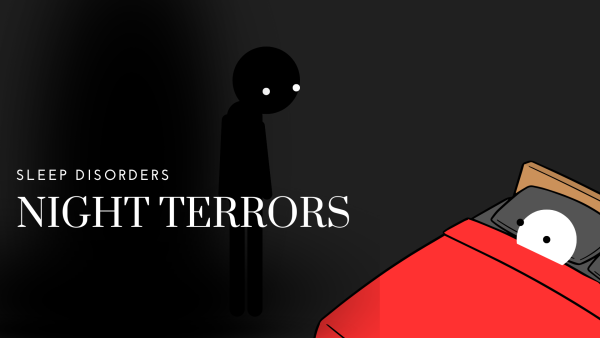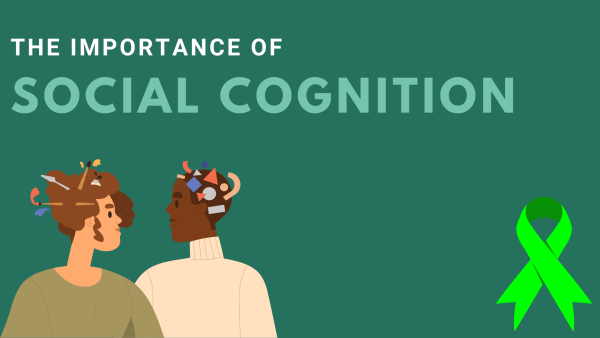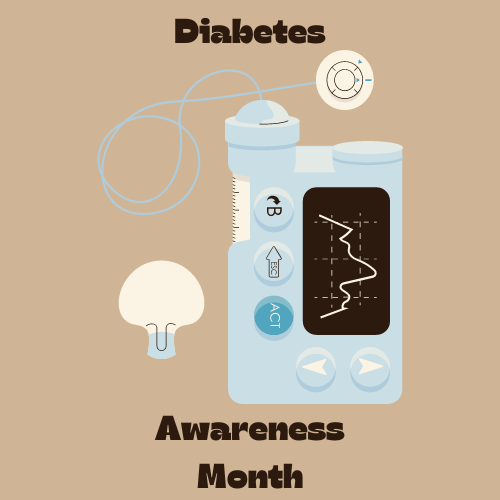About Depression

According to the World Health Organization (WHO), depression is the main cause of disability worldwide and it can affect adults, adolescents, and children. Major life events can lead to depression but, doctors only consider feelings for grief to be part of depression if they persist. Depression in humans can last several weeks, months or even years.
The symptoms that are caused by depression can include a depressed mood; reduced interest or pleasure in activities that were once enjoyed, a loss of sexual desire, changes in appetite, unintentional weight loss or gain, sleeping too much or too little, agitation, restlessness and pacing up and down, slowed movement and speech, fatigue or loss of energy, feelings of worthlessness or guilt, difficulty thinking, concentrating or making decisions recurrent, thoughts of death or suicide or an attempt at suicide. According to the Centers for Disease Control and Prevention (CDC), depression is nearly twice as common in women than in men.
Some symptoms that appear more often in females are irritability, anxiety, mood swings, fatigue and ruminating (dwelling on negative thoughts). Postpartum depression and premenstrual dysphoric disorder are some types of depression that are unique to females. According to the American Psychological Association about 9% of men in the US have feelings of depression or anxiety.
For males that have depression, it is more likely than women for them to drink alcohol in excess, display anger and engage in risk-taking as a result of the disorder. Some symptoms for males would be avoiding families and social situations, working without a break, having difficulty keeping up with work and family responsibilities, and displaying abusive or controlling behavior in relationships.
For Students that are in college, it can be stressful dealing with college, other lifestyles, cultures and experiences for the first time. Students having difficulty coping with these changes, may develop depression and/or anxiety as the result. The symptoms of depression seen in college students are: difficulty concentrating on schoolwork, insomnia, sleeping too much, a decrease or increase in appetite and avoiding social situations and activities that they used to enjoy.
Depressions in teenagers can be caused by physical changes, peer pressure, etc. Some signs of depression in teenagers include: withdrawing from friends and family, difficulty concentrating on schoolwork, feeling guilty, helpless, or worthless and restlessness, such as an inability to sit still. In the U.S., it is estimated by the CDC that 3.2% of children and teenagers 3-17 have a diagnosis of depression. For younger children, having difficulty expressing how they feel in words can make it harder for them to explain their feelings of sadness.
Symptoms can make schoolwork and social activities challenging. Some symptoms include crying, low energy, clinginess, defiant behavior and vocal outbursts. According to Medical News Today, “The medical community does not fully understand the causes of depression. There are many possible causes and sometimes various factors combine to trigger symptoms.”
Some factors that likely play a role in depression are genetic features; changes in the brain’s neurotransmitter levels, environmental factors, psychological and social factors and additional conditions, such as bipolar disorders. Depression is treatable. Managing symptoms usually involve support, psychotherapy and drug treatment. Support can range from discussing practical solutions and possible causes to educating family members.
Psychotherapy is also known as talking therapy. Options include one-to-one counseling and cognitive behavioral therapy (CBT). The drug treatment is antidepressants a doctor may prescribe. Antidepressants can help treat moderate-to-severe depression. Several classes of antidepressants are available such as selective serotonin reuptake inhibitors (SSRIs). Each class acts on a different neurotransmitter or combination of neurotransmitters. The medication should only be taken if your doctor prescribes it to you.
Some drugs can take a while to have an impact. By stopping the drug, a person may not experience the benefits that it could offer. Quitting taking medication after symptoms improve can lead to a replacement. If you have any concerns about antidepressants or any intention to stop taking the medication discuss this with your doctor. Side effects for a person from SSRIs and SNRIs may include nausea constipation, diarrhea, low blood sugar, weight loss, a rash and sexual dysfunction.
Manufacturers are required by the Food and Drug Administration (FDA) to add warnings to the packaging of antidepressant drugs. The warning label should include risks, these medications may increase suicidal thoughts or actions in some children, teenagers and younger adults within the first few months of treatment.
Some people use natural remedies, such as herbal medicines, to treat mild-to-moderate depression. Some of the more popular herbs and plants that people use to treat depression are ST. John’s wort, Ginseng, Chamomile and Lavender. ST. John’s wort is not suitable for people who have or may have bipolar disorder. Practitioners of traditional medicine mya use Ginseng to improve mental clarity and reduce stress. Chamomile contains flavonoids that may have an antidepressant effect. Lavender may help reduce anxiety and insomnia.
S-adenosyl methionine (SAMe) and 5- hydroxytryptophan are two nonherbal supplements that may treat depression. S-adenosyl methionine (SAMe) is a synthetic form of a natural chemical in the body. 5-hydroxytryptophan may help boost serotonin, the neurotransmitter in the brain that affects a person’s mood.
Eating a lot of sugary or processed foods can lead to various physical health problems. Results of a 2019 study suggest that a diet that includes many of these types of food could affect the mental health of young adults. A study shows that eating more fruits, vegetables, fish and olive oil helps reduce depression symptoms.
Psychological, or talking, therapies for depression include CBT, interpersonal psychotherapy, and problem-solving treatment, among others.
It is usually the first-line treatment while some people respond better to a combination of psychotherapy and medications. CBT and interpersonal psychotherapy are the two main types of psychotherapy for depression.
Some of the most common types of depression are major depression, persistent depressive disorder, bipolar disorder, psychotic depression, postpartum depression and major depressive disorder with seasonal pattern. Major depression is when a person experiences a constant state of sadness. They may lose interest in activities that they used to enjoy. Persistent depressive disorder is also known as dysthymia which causes symptoms that last for at least 2 years. People who have bipolar disorders are hard to distinguish from depression. Psychotic depression can involve delusions, such as false beliefs and detachment from reality. Postpartum depression is what many women have after giving birth. Hormone levels readjust after childbirth which is a result that causes changes in mood. Major depressive disorder with seasonal patterns is related to the reduction in daylight during the fall and winter.
If you believe that you may be suffering from depression, consult a doctor or mental health specialist. A qualified health professional can rule out various causes, ensure an accurate diagnosis, and provide safe and effective treatment. They will ask questions about symptoms, such as how long they have been present. A doctor may also conduct an examination to check for physical causes and order a blood test to rule out other health conditions. You may be also asked to take a questioned test to help assess the severity of their depression.
A person who has a parent or siblings who battles depression is more likely to develop depression. Nonetheless, many people that have depression, have no family history of it. Medical News Today states that, “ A recent study suggests that susceptibility to depression may not result from genetic variation. The researchers acknowledge that while depression could be inherited, many other issues also influence its development.”
Triggers can cause depression symptoms to appear or return. The most common triggers are stressful life events, such as loss, family conflicts and changes in relationships, incomplete recovery after having stopped treatment too soon, medical conditions, like obesity, heart disease and diabetes.
Some people have higher risks of depression than others. Risk factors involve living with persistent pain, having a chronic condition (such as diabetes, chronic obstructive pulmonary disease or cardiovascular disease) having had a previous episode of major depression, having sustained a head injury, using recreational drugs (such as alcohol or amphetamines) using some prescription drugs (such as corticosteroids, some beta-blockers and interferon) having a close relative with depression, having a lack of successful coping strategies, experiencing acute stress and/or experiencing certain life events (such as bereavement, work issues, changes in relationships, financial problems, and medical concerns.)
It has been proven that people ages 18 or older or around 6.7% of the adult population in the U.S., have major depression that affects over 16.1 million people. 3.2% of children and adolescents between the ages of 3 and 17 years — about 1.9 million individuals — have received a diagnosis of depression according to the CDC. They have also noted that 7.6% of 12 years old or over have depression in any 2-week period.
SUPPORT HOTLINE:
Samaritans: This nonprofit organization offers emotional support to anyone who has feelings of depression or loneliness or who is considering suicide. Call or text 877-870-4673 (HOPE) to contact them.
National Suicide Prevention Lifeline: Call 1-800-273- 8255 (TALK) to speak with someone from this national network of local crisis centers.
Lifeline Chat: This is an online chat service of the National Suicide Prevention Lifeline.
REFERENCES:
(Medical News Today)

Hi! My name is Cynthia Wing. I am 15 years old and in 10th grade. This is my first year on the Spud. I am the daughter of Maria and Henry (step-dad)...










